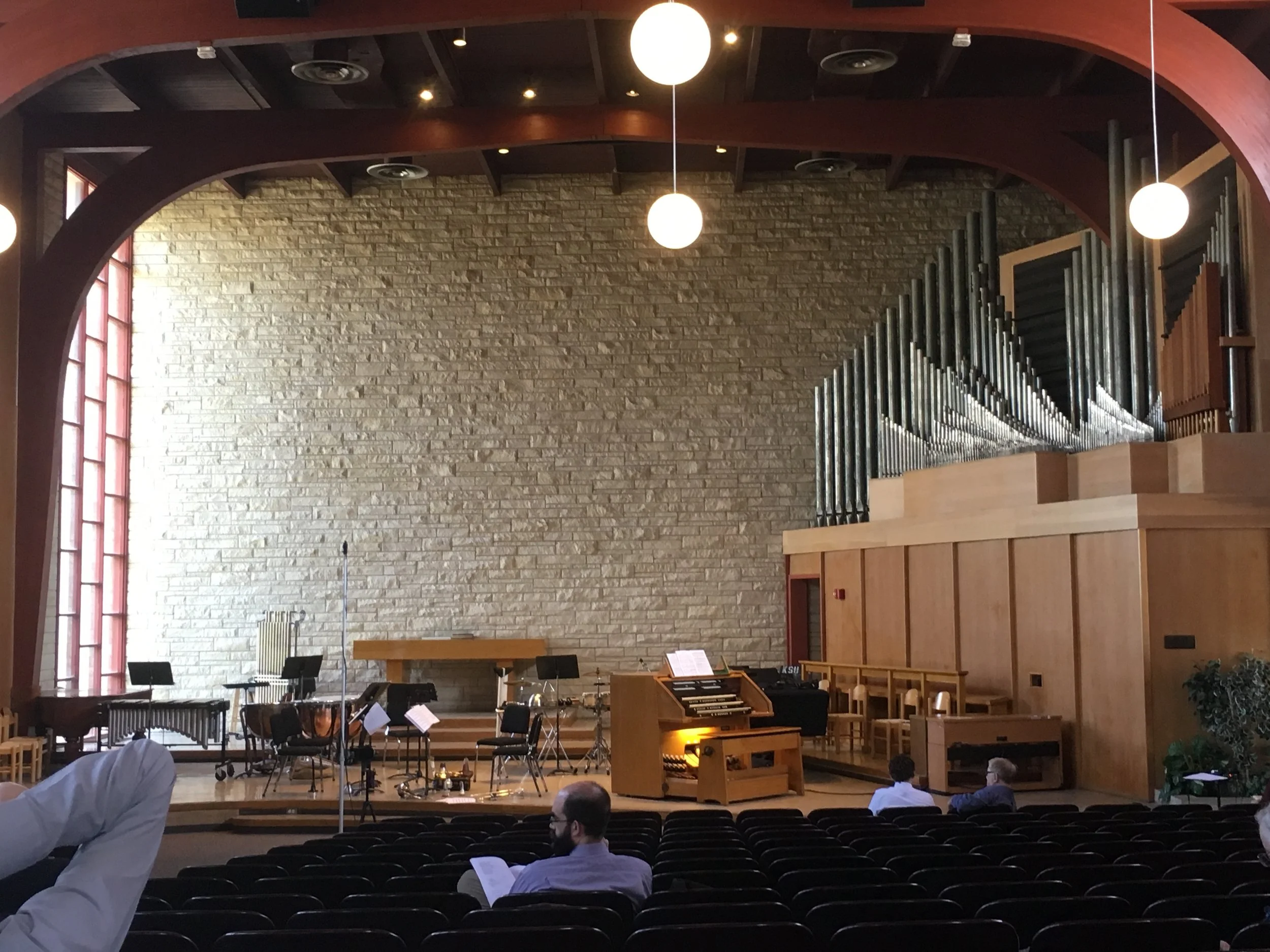Music-making throughout history was almost always associated with social or religious events. Music accompanied private parties, dances, public celebrations, story-telling entertainment, processions, masses, devotional events, and so forth. In the Western tradition, the music we chart out as the "classical" tradition, is rooted in the Christian polyphonic style, which emerged from music intended for the mass and other religious ceremonies and rites. Rather than include congregational singing, specialized choirs participated in these ceremonies and very quickly took on the virtuosic challenges of their composer contemporaries. This style branched out to a secular strain of "classical" music, most often heard within the courts of kings and lords. We must not forget that during this time, traveling musicians presented a more folk-like tradition of music. Surely hundreds of thousands of songs were also not recorded in these times when notation had yet to reach its current state.
With the formation of opera, music attained a new role in coordination with theater. While sacred music dramas existed earlier, opera swept quickly across Europe as a predominant strain of music. To accompany this spectacle, large groups of musicians were often hired, being the foundation for the modern orchestra (coming from the Greek word for the space reserved for musicians in ancient Greek dramas). Churches and kingly courts took up the orchestra, and between the opera hall, church, and courts, much of the so-called "masterpieces" of music were formed during the Baroque and Classical periods.
Nevertheless, a strange shift occurred as the orchestra approached the stage. At some point, orchestral music took a life of its own, becoming the highlight of the stage itself. Also, as printing costs reduced considerably with the printing press, a strain of amateur music-making began that opened up a new possibility for music to be a private experience, as it was for the king. While the latter likely remained a familial or friend-centered social experience at this time, the orchestra in isolation on the stage became a peculiar situation. Music was not accompanying an event; it was the event. Western music started to develop its own culture and following, creating its own rules and expectations. This trend developed incredibly with the freelance work of composers such as Beethoven, who placed music itself as the powerhouse of meaningful experience.
The market for this "music for music's sake" launched the careers of the most-celebrated Romantic-era composer/performers. Liszt and Paganini in particular took their skills, booked concerts, and created a musical experience for their audiences. Orchestras popped up in the main music centers of Europe, and many other cities followed suit to keep up. These cultural roots still bear hold in places such as Berlin, where music of this tradition (including the 21st-century strains of it) are constantly performed.
Then came the 20th century with its innovations. By this point, some orchestras included around 100 members to tackle Wagner and Stravinsky, and small ensemble music, including a strong tradition of art song and piano music, was commonplace. But the invention of sound recording created another dramatic turn for the musical experience. The recording enabled the listener to have a completely private experience as a listener, detached from both the social and performance aspect of the art form. The cultural context of the concert hall or of amateur music-making provided a social setting for the musical experience, but listening to a gramophone recording provided a unique experience. At first, people who could not afford to attend the real concert dressed up to attend a gramophone concert, sitting in front of this piece of technology as it played a distorted version of the real experience. But technological advances allowed for mass reproduction and gave each person their own little orchestra (and later on their own Louis Armstrong or Elvis Presley). The radio then could transmit this same experience across the nation, providing a private experience extrapolated from a public event happening elsewhere or as abstracted studio recording event. At some point, stores and restaurants began playing music, cars could catch radio signals, audio devices became really small and portable, and music's cultural context became not only for a special event but for every second of every day, even if not willed.
With the changed and minimized cultural context of music, it becomes difficult to ascertain the music concert's value. Why should someone go to a concert hall if they can hear the music at their home, with a seemingly perfect recording? One method concert music organizers have used is a museum approach. They will perform the classic (so-called) masterpieces from 100-400 years ago so as to culture their audience. This post-modernistic approach to music-making is one of the most bizarre cultural experiences we have. We go to a concert hall to listen to something written hundreds of years ago, intended for a specific audience who lived in a very specific time and place with its own cultural implications, and we attempt to somehow pretend that the orchestral experience is innovative and up-to-date with society (is this considered part of the taboo cultural appropriation of today?).
Sure, the museum approach is a great way to celebrate our heritage, but it seems to be a music experience isolated from the outside cultural reality. Thousands of good composers live today across the globe, and they write music that ranges from accessible to complex, all being highly intellectual and emotionally powerful (I am talking about the "good" composers, however you may define it). These are people who live in our society today and write music within the fabric of our culture. Folk traditions influenced classical composers throughout the history of our tradition; what do we miss when we exclude music that is influenced by jazz, rock, electronic, pop, hip hop, or even rap music from our concerts? And what of the contributions of non-Western musical elements to this tradition? Excellent composers have incorporated these stylistic features in highly nuanced ways that both continue the classical tradition while maintaining a cultural relevance today. Orchestral programmers know that the current film and video game concert series are among their best ticket-sellers, so why not trust that carefully chosen contemporary composer concerts, that comprise even half of a concert series, would gain new, young, and vibrant audience? Yes, I believe that music can be enjoyed for its own merit, but if we isolate it from its cultural context, we lose a great deal of meaning.

